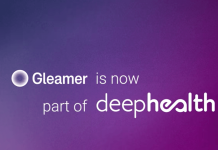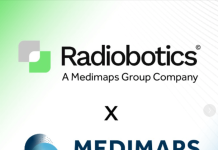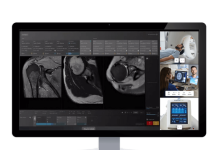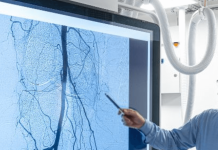NeuroPace announced preliminary one-year results from its Nautilus clinical study evaluating neuromodulation therapy for idiopathic generalised epilepsy (IGE).
The company said the study met its primary safety endpoint and showed a statistically significant response in a key patient subgroup, despite the overall study not reaching its primary effectiveness goal.
Related: Auxilium Biotechnologies launches nerve regeneration device trial
Nautilus is a two-year, multicenter, randomized, single-blind, sham-controlled trial that evaluated the safety and effectiveness of NeuroPace’s RNS System in patients with drug-resistant IGE. The study enrolled 100 participants with 87 undergoing implantation of the RNS System across 23 U.S. epilepsy centers.
The trial’s primary effectiveness endpoint, which was time to second generalized tonic-clinic seizure, did not reach statistical significance across the full study population. However, NeuroPace reported a highly statistically significant effect in a subgroup of patients with lower baseline seizure frequency, which the company said represents the majority of study participants.
“We are very encouraged by the Nautilus study results, which demonstrated statistically significant seizure reduction in a key and substantial patient subgroup along with durable improvements across multiple secondary endpoints,” said Chief Medical Officer Martha Morrell. “These findings further validate the RNS System’s ability to provide personalized therapy, especially when compared to our focal epilepsy pivotal trial that led to our initial approval, while also reinforcing our commitment to expanding access to RNS therapy. We are pleased with the results to date and are confident in our potential for future indication expansion into IGE, as we continue our engagement with the U.S. Food and Drug Administration.”
The trial met its 12-week post-implant safety endpoint, with a low rate of serious adverse events related to the device and implant procedure, consistent with the established safety profile of the RNS System.
In addition to subgroup effectiveness, NeuroPace reported favorable trends across the full study population in secondary measures such as median seizure reduction, responder rates, and increases in seizure-free days. Preliminary results also suggest continued improvement in patients who have completed more than one year of treatment.
“We view the totality of the data in the Nautilus study as a meaningful catalyst that adds to the growing body of evidence and momentum in our business,” CEO Joel Becker said. “With a strong base business growing over 20% year over year, we remain confident in our long-term growth strategy and excited by the opportunity ahead.”
NeuroPace plans to submit the full dataset for peer-reviewed publication and will engage with the FDA to discuss potential pathways for indication expansion. These discussions may include pursuing a targeted indication for patients with lower baseline seizure frequency.
The company received FDA breakthrough device designation for the RNS System in IGE in 2021. Patients in the Nautilus trial will continue to be followed for two years post-implantation.




